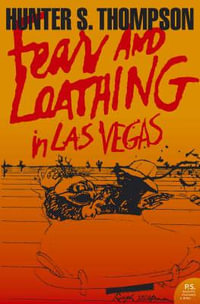
The End of Public Execution
Race, Religion, and Punishment in the American South
Hardcover | 6 December 2022
At a Glance
Hardcover
$238.40
or
Aims to ship in 10 to 15 business days
ISBN: 9781469670409
ISBN-10: 1469670402
Published: 6th December 2022
Format: Hardcover
Language: English
Number of Pages: 266
Audience: Professional and Scholarly
Publisher: The University of North Carolina Press
Country of Publication: US
Dimensions (cm): 23.5 x 15.5 x 2.54
Weight (kg): 0.59
Shipping
| Standard Shipping | Express Shipping | |
|---|---|---|
| Metro postcodes: | $9.99 | $14.95 |
| Regional postcodes: | $9.99 | $14.95 |
| Rural postcodes: | $9.99 | $14.95 |
How to return your order
At Booktopia, we offer hassle-free returns in accordance with our returns policy. If you wish to return an item, please get in touch with Booktopia Customer Care.
Additional postage charges may be applicable.
Defective items
If there is a problem with any of the items received for your order then the Booktopia Customer Care team is ready to assist you.
For more info please visit our Help Centre.























